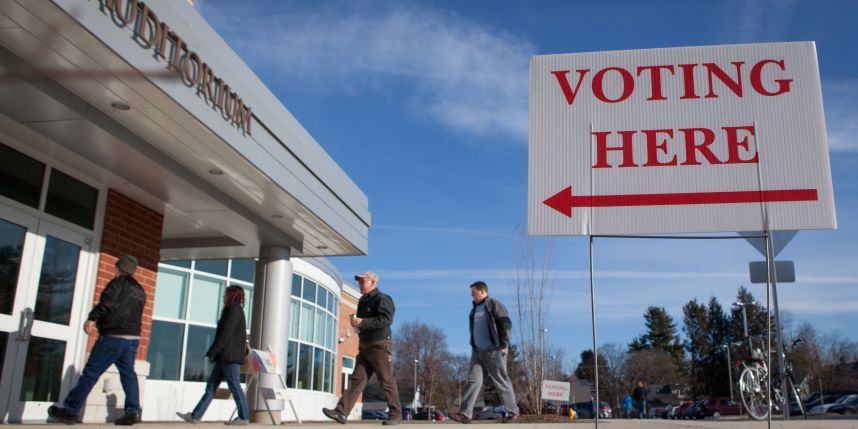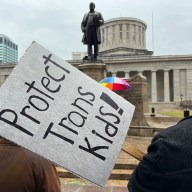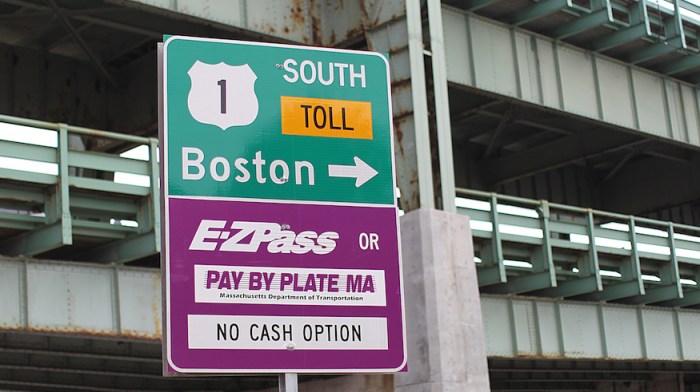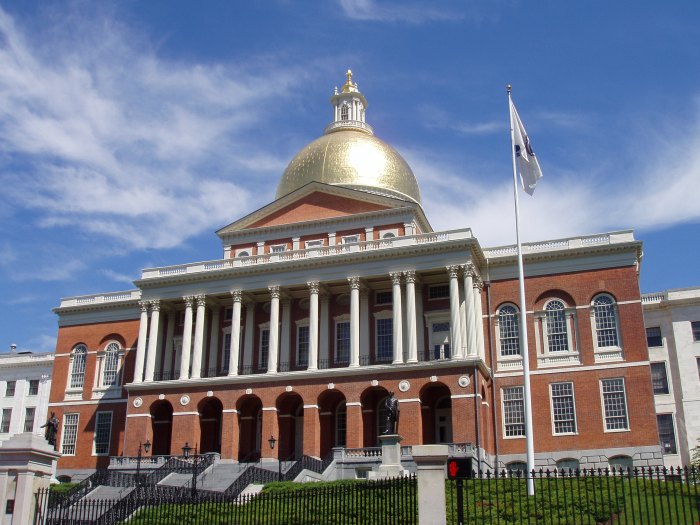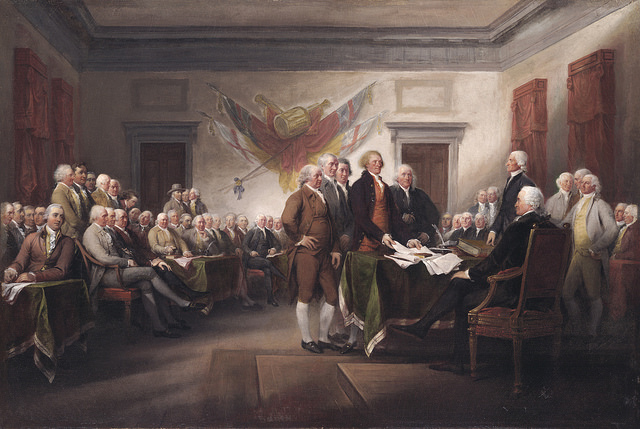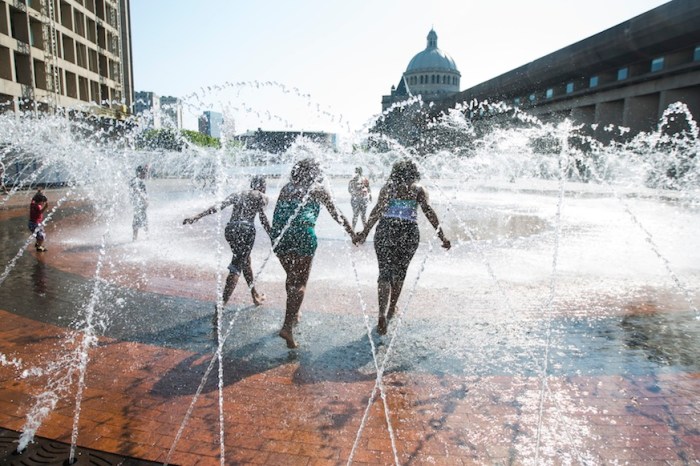Registering to vote in Massachusetts could become an automatic process for people who renew their driver’s license or otherwise interact with a state agency under legislation supporters pitched Thursday as a way to boost participation in the democratic process.
The Joint Committee on Election Laws heard testimony Thursday on bills that would create an automatic voter registration system for eligible citizens. Instead of the current process where people wishing to vote must first fill out a registration form with their local elections officers, the system would call on state agencies to transmit a person’s name, age, residence and citizenship information to municipal boards of registrars within five days of collecting it.
“I think there is a huge hunger in this state for more access to voting, and so automatic voter registration we think is the next step,” MASSPIRG executive director Janet Domenitz said, pointing to the more than 1 million people who last fall participated in the state’s first ever early-voting period ahead of the 2016 presidential election.
Nancy Brumback of the League of Women Voters of Massachusetts said automatic registration could make the system more accurate and efficient by reducing the number of last-minute registrations that may not get processed in time before an election, cutting down on data-entry errors and ensuring that voter addresses are up-to-date.
Automatic voter registration bills filed by Sen. Cynthia Creem (S 373) and Rep. Peter Kocot (H 2091) have 80 House cosponsors and 22 Senate cosponsors, according to Common Cause Massachusetts, which said eight states and the District of Columbia have passed automatic voter registration. The legislation allows people to opt out if they do not wish to register to vote.
Kocot said research has been conducted that shows automatic voter registration costs 3 cents per person, while paper-based voter rolls cost $3.54 per person.
But Tom Joyce of the Massachusetts Town Clerks Association raised financial concerns, telling the committee that money would be needed to update the state’s central voter registry before automatic registration could be implemented.
“If the bill were enacted in its current form without funding and without an update for the secretary of state’s system, clerks would probably be in a position where they wouldn’t be able to manage it and carry out the edicts of the legislation,” he said.
Senate President Stan Rosenberg called for automatic voter registration in his speech Saturday at the Massachusetts Democratic Convention, and U.S. Rep. Joseph Kennedy on Wednesday wrote the Election Laws Committee saying action at the state level is “essential” given what he described as Republican opposition in Congress to legislation that would “reaffirm the sacred right to cast a ballot.”
The letter marks the second time the Newton Democrat has inserted himself into a state legislative issue during his five years in Congress, the first being to support a transgender rights bill. Kennedy said automatic voter registration would help “remedy the problem” of 20 percent of eligible voters in Massachusetts not being registered to vote.
Kennedy and Creem both pointed to statistics from Oregon, where more than 225,000 people were automatically registered last year. Creem said more than 100,000 of those people voted in November’s election.
Kennedy said the system proposed in the Kocot-Creem bill, which would allow multiple agencies with access to the required information to participate, has the potential to reach more voters than Oregon’s automatic voter registration, which is conducted through the Department of Motor Vehicles.
A Rep. Evandro Carvalho bill (H 2080) would also include colleges and universities as part of the automatic voter registration system, which supporters say would help engage young people and eliminate the need for a student population that moves frequently to update their registrations.
“The youngest generation is least likely to register and participate in the democratic process,” said Daniel Curtis of the Massachusetts Institute of Technology graduate student council. “Alongside efforts to inform high school students about their rights and to provide them with a streamlined way to register to vote, we believe that university participation in automatic voter registration would help close the registration gap and increase participation of young people in our democracy.”

